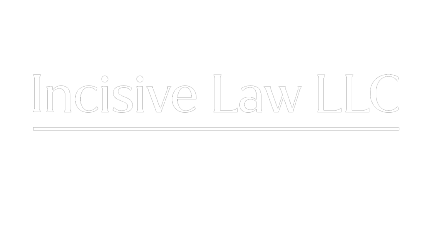While I have gone through the reasons on “Why should I make a Will”, this article will introduce the different types of wills available:
Standard/Simple Wills
A standard will details the wishes of the testator (the person writing the will) regarding asset distribution upon the testator’s death. Generally, standard wills may be revoked or altered at any time prior to one’s death.
However, please note that the marriage of a testator who has made a will prior to his marriage will automatically render the will invalid and the testator will have to draft up a new will.
Mutual Wills
Mutual wills are usually drafted by married couples because they are founded on the agreement of both parties in the marriage that the surviving party will not change his or her will after the other dies. Mutual wills are therefore an exception to the law that wills can always be revoked. The agreement can be made orally or in writing on a separate document.
For a mutual will to be valid, both parties must demonstrate clear intent to create the same will, agree to the same distribution of their mutual assets, and agree not to revoke the wills.
The agreement will typically provide that:
- each of the parties will leave their property to mutually agreed beneficiaries;
- in the course of their joint lifetimes, neither party will revoke or amend their wills in any way without the consent of the other; and
- upon the death of one party, the survivor cannot revoke the will or alter it so as to change the mutually agreed beneficiaries.
It is important that the beneficiaries are informed of the existence of the agreement, as they have the right to enforce the agreement.
Such wills may prove to be most useful in blended-family situations whereby both parties want certainty that the children will not be treated differently from what was previously agreed. Mutual wills are also particularly helpful to address concerns that the surviving spouse may remarry and leave nothing to the children of the first marriage. However, the clear disadvantage of mutual wills is the fettering of discretion of both parties with respect to asset distribution.
Mirror Wills
Mirror wills are two separate wills of a typically married couple, but the terms of each will are precisely identical to the other. However, the distinguishing factor from mutual wills is that each party is free to revoke the will at any time contemplated, without informing or obtaining the consent of the other party. This provides a lot more flexibility when one party pre-deceases the other, and the surviving party wishes to change the terms of the will, as compared to a mutual will.
Living Wills
A living will is known as an Advanced Medical Directive in Singapore which is a written statement that you do not want the use of any life-sustaining treatment to be used to prolong your life in the event you become terminally ill and unconscious and where death is imminent. You can find out more about an AMD here.
The type of will you may wish to have drawn up depends on your individual concerns and the unique circumstances in which you are in.
If you wish to find out what is the most suitable type of will, please feel free to drop an email to wills_enquiries@incisivelaw.com




